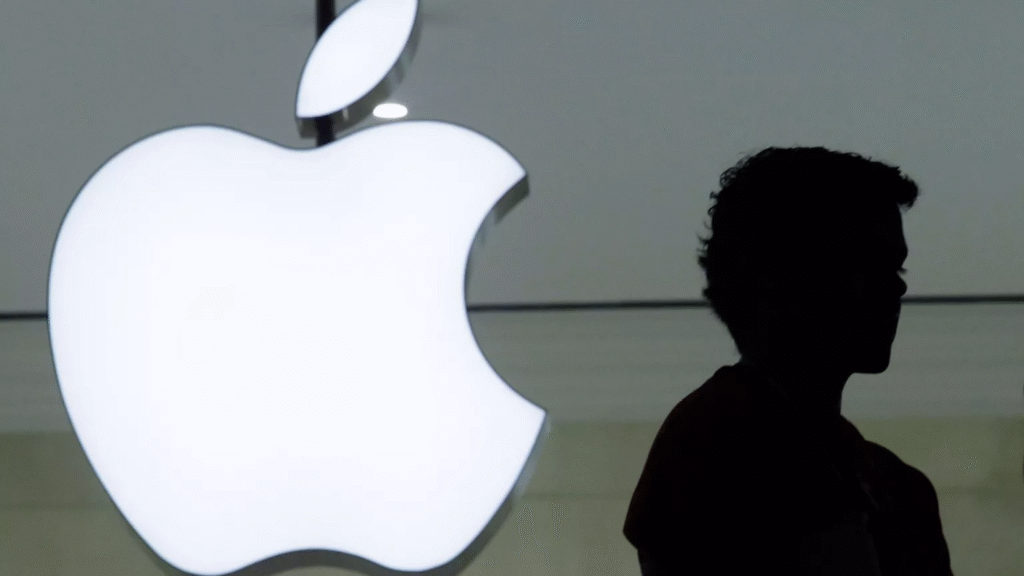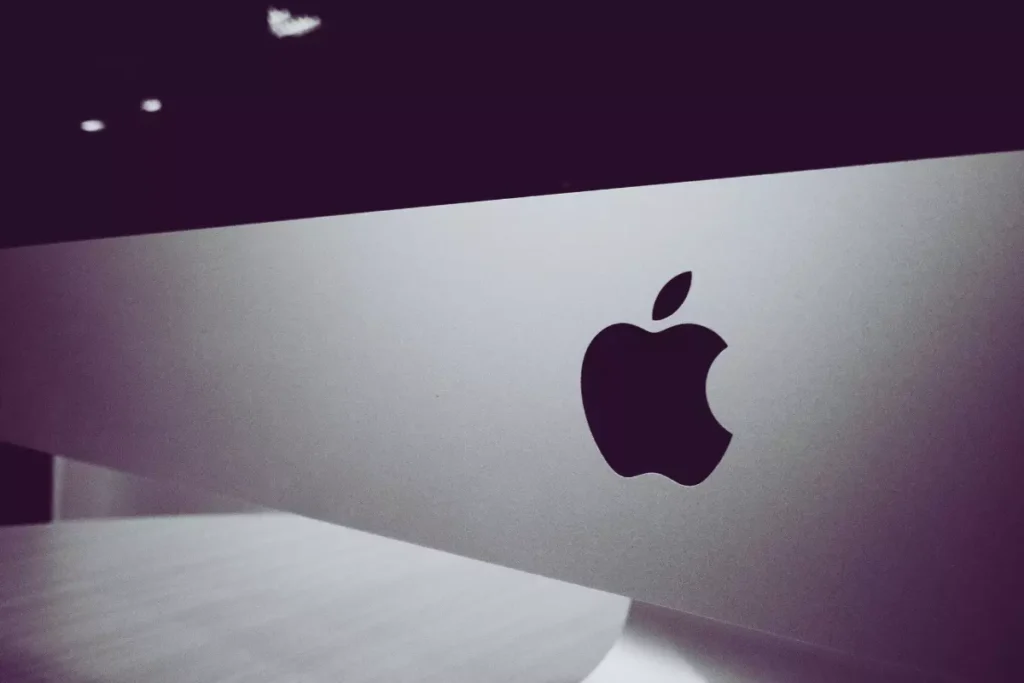Tim Cook, the CEO of Apple, participated in an earnings call to discuss how U.S. import tariffs on Chinese goods would affect iPhone prices and supply chains. The company leader declared Apple would hold off on iPhone price adjustments due to the existing tariffs. At the same time, he lauded his workforce for their successful inventory optimization to handle any added expenses. Cook revealed that tariffs are expected to add about nine hundred million dollars in expenses this quarter, but Apple will shoulder those costs rather than pass them on to customers.
He also noted that roughly half of all iPhones sold in the United States are now assembled in India and that other products like iPads and Macs mainly come from Vietnam. On policy, Cook reaffirmed Apple’s commitment to engage with U.S. officials on tariff matters, and he defended Siri amid recent criticism.

No Price Increases Yet for iPhone Buyers
Cook made clear that Apple has “nothing to announce today” about raising prices due to tariffs. He emphasized that Apple’s operations team has worked hard to fine-tune the supply chain and manage inventory levels so that customers will see no immediate change at checkout. Apple maintains this position to shield consumers and sustain market success despite growing external expenses.
Tariff Costs and Financial Results
The active implementation of tariffs will cause Apple to incur $900 million of additional costs throughout its June quarter. The headwind from trade tensions did not halt Apple from achieving ninety-five point three six billion dollars in revenue and one dollar sixty-five cents in earnings per share, while exceeding analyst predictions. iPhone sales totalled forty-six point eight four billion dollars.
Shifting Production to India and Vietnam
Cook noted that approximately fifty per cent of iPhones sold in the United States are now assembled in India. Apple benefits from this relocation process to circumvent tariff obligations imposed on products from China under U.S. trade policies. Apple Watch models, as well as Mac computers and iPads used in the U.S. market, are produced in manufacturing facilities located in Vietnam, which adds diversity to Apple’s manufacturing sites across the world.
Engaging with Government on Tariffs
Apple secured a temporary exemption from phone and laptop tariffs earlier this year and continues to lobby U.S. policymakers. Cook said Apple will “continue to engage” on policy issues that affect its products and supply chain. His comments underscore Apple’s proactive approach to shaping trade rules that impact its business.
Defending Siri and Innovation
In the same call, Cook addressed criticism of Siri’s performance. The company continues to develop software updates and teach Siri how to process information more effectively. The statement confirms Apple’s dedication to product excellence and user satisfaction during difficult times.

Watching for Future Changes
Cook mentioned that Apple bases its cost projections on current policy conditions, which must remain unchanged until the end of the current quarter. Apple’s strategies risk modifications because new trade restrictions or semiconductor levies come into force. Investors will track Apple’s supply chain restructuring along with its pricing approaches because trade regulations change.





